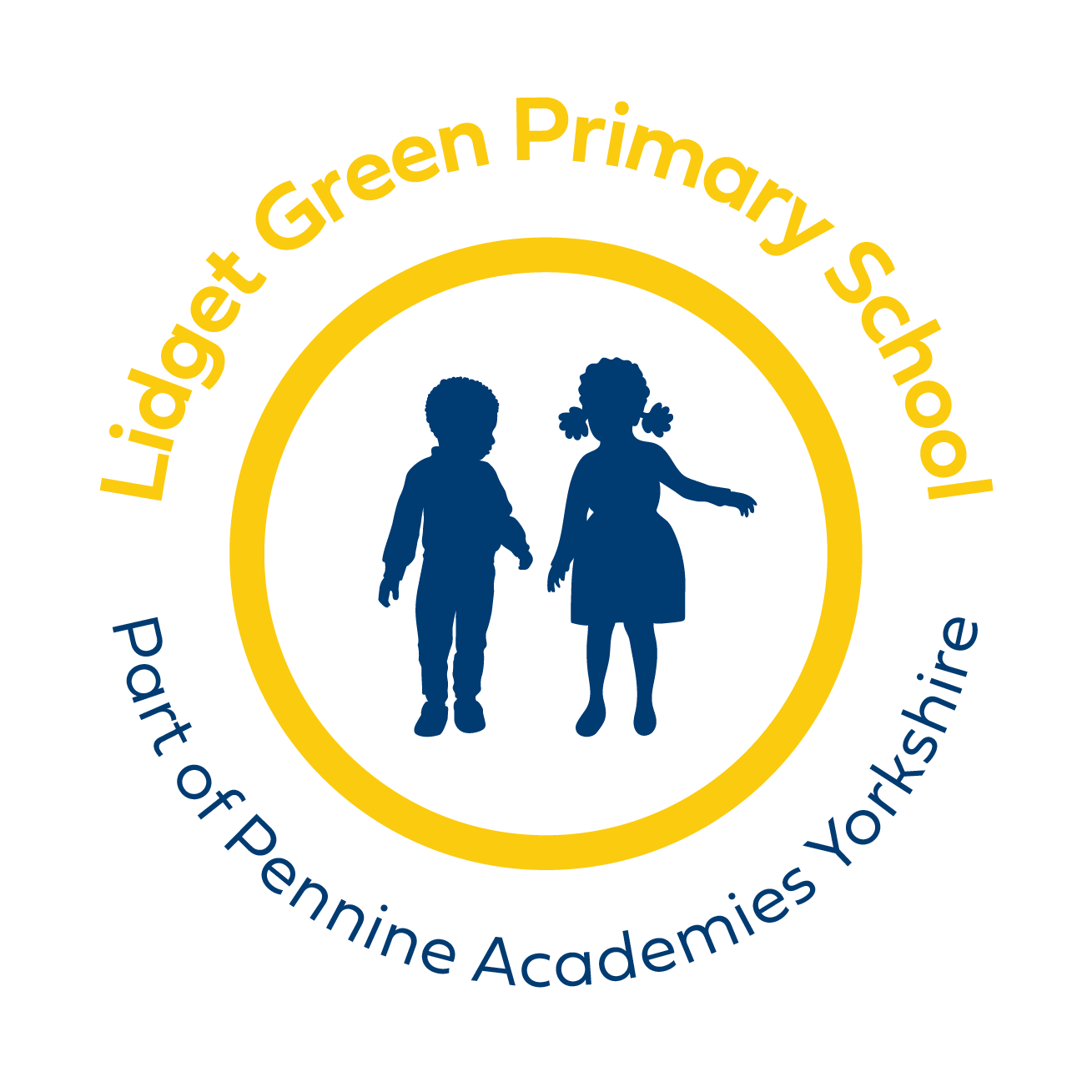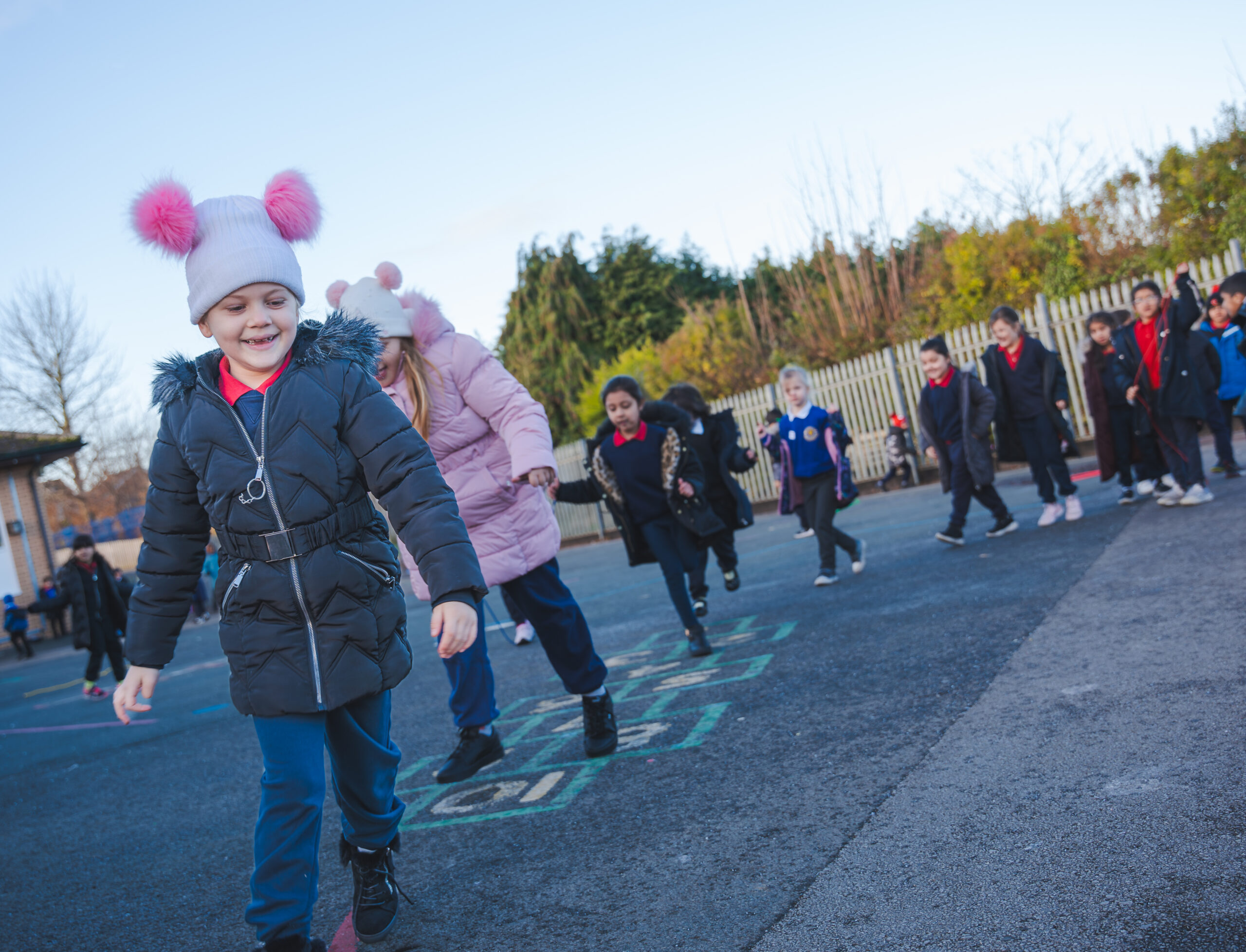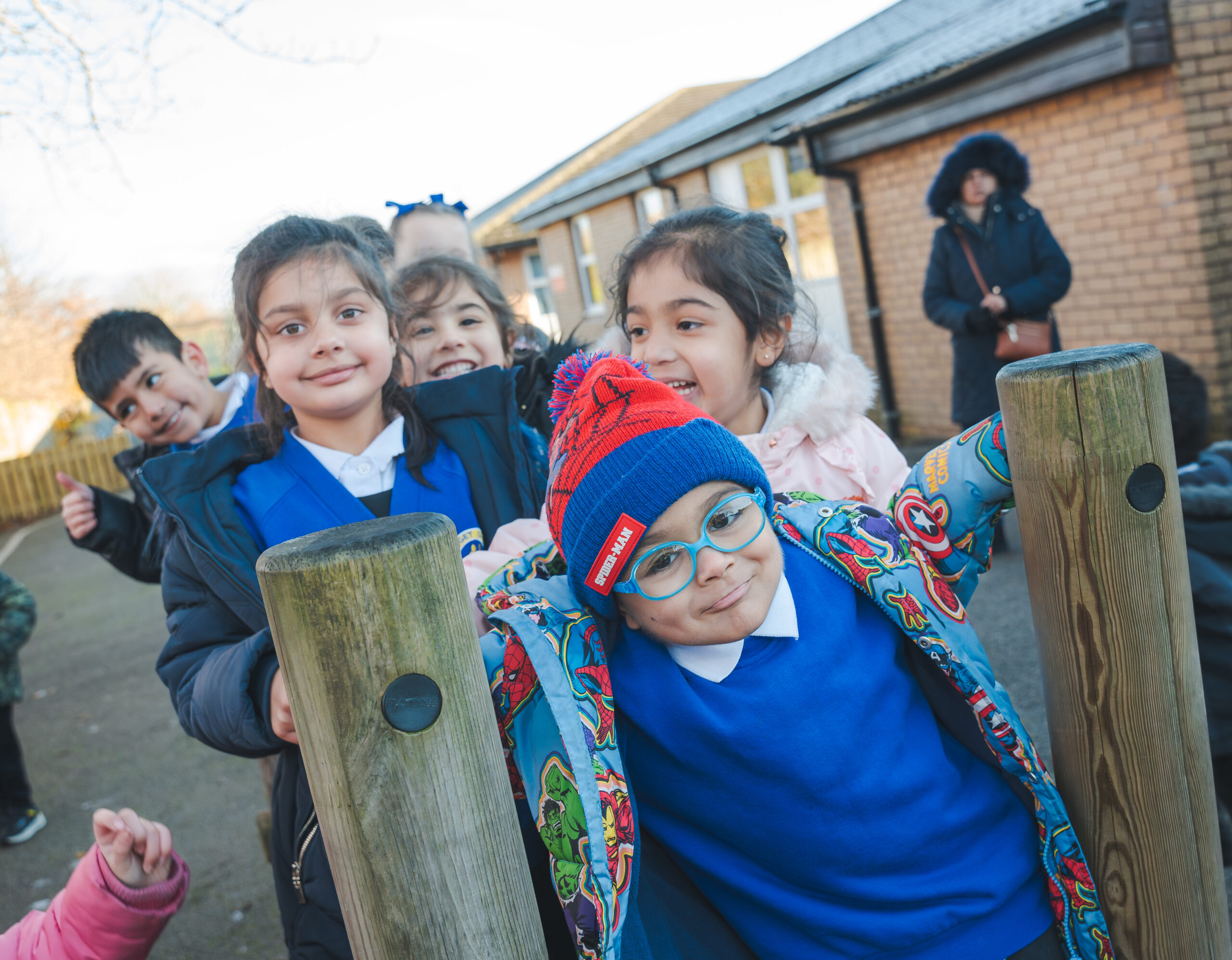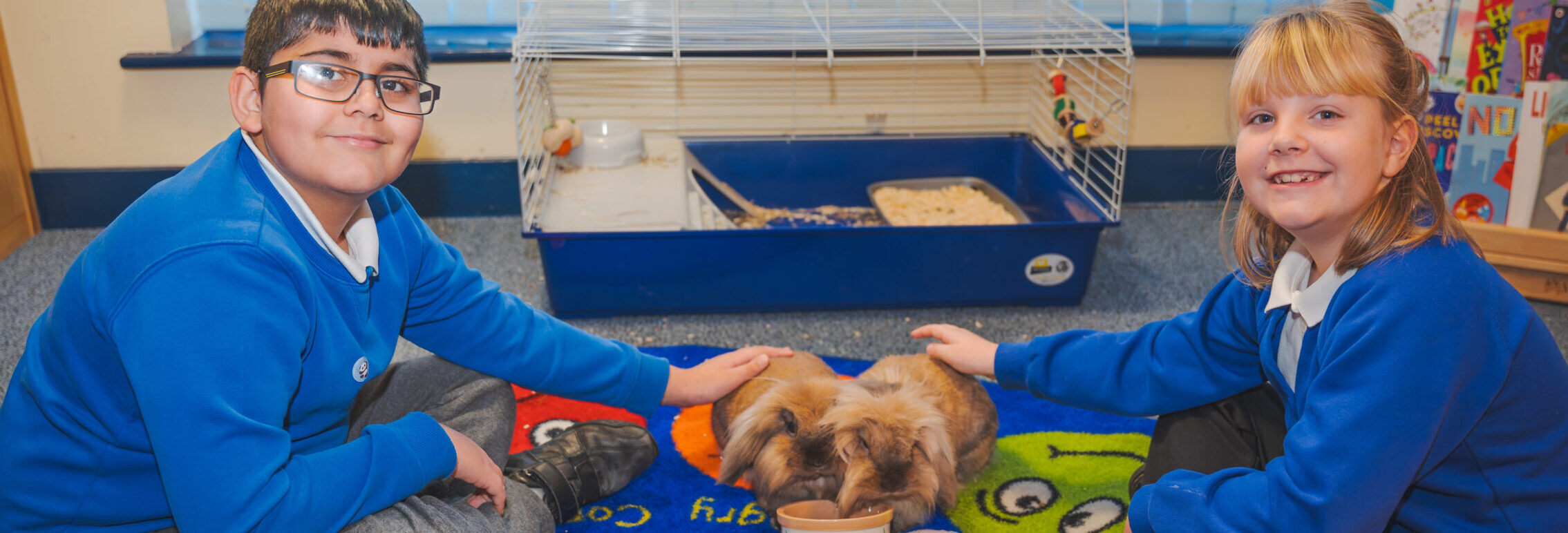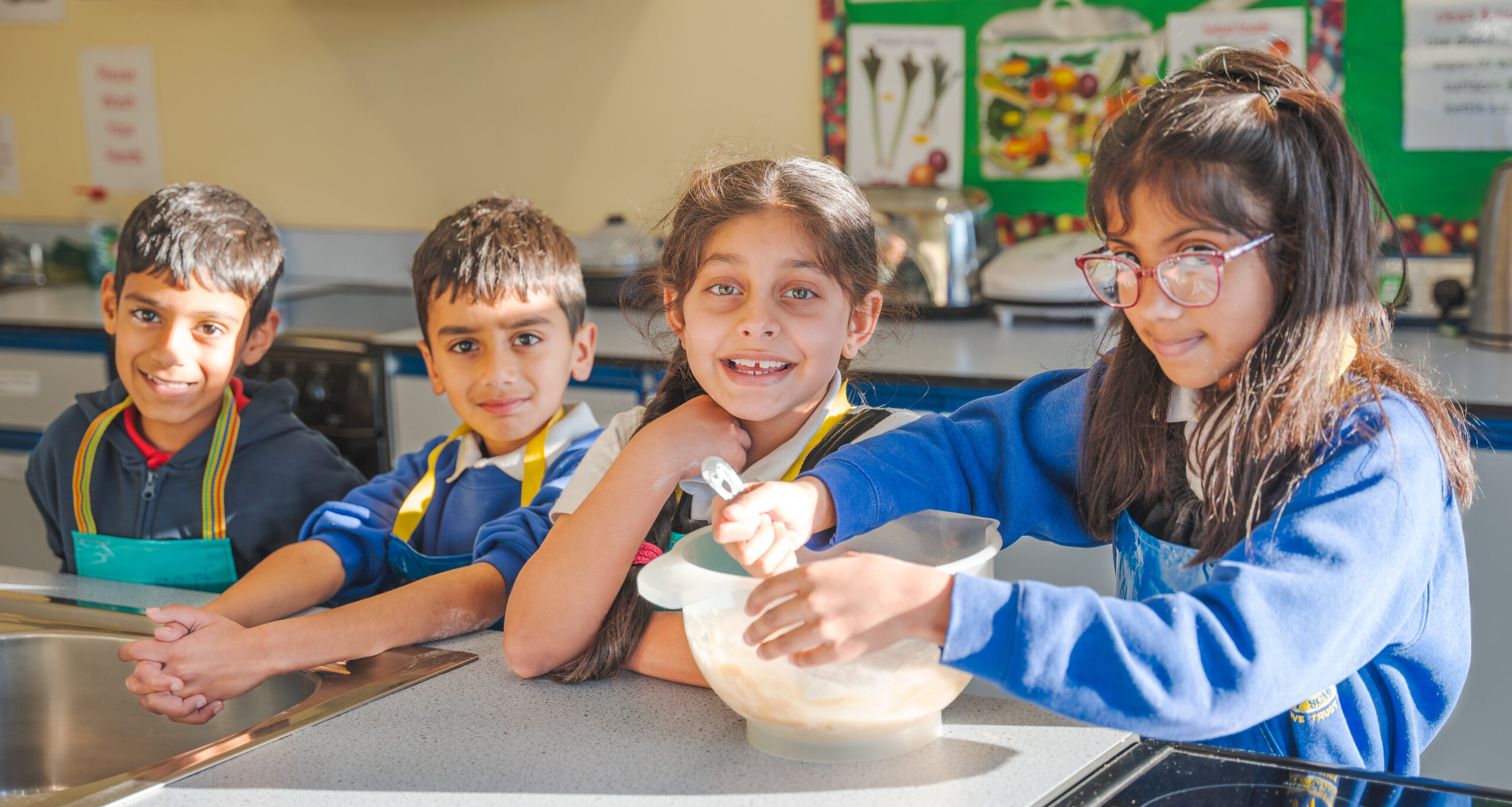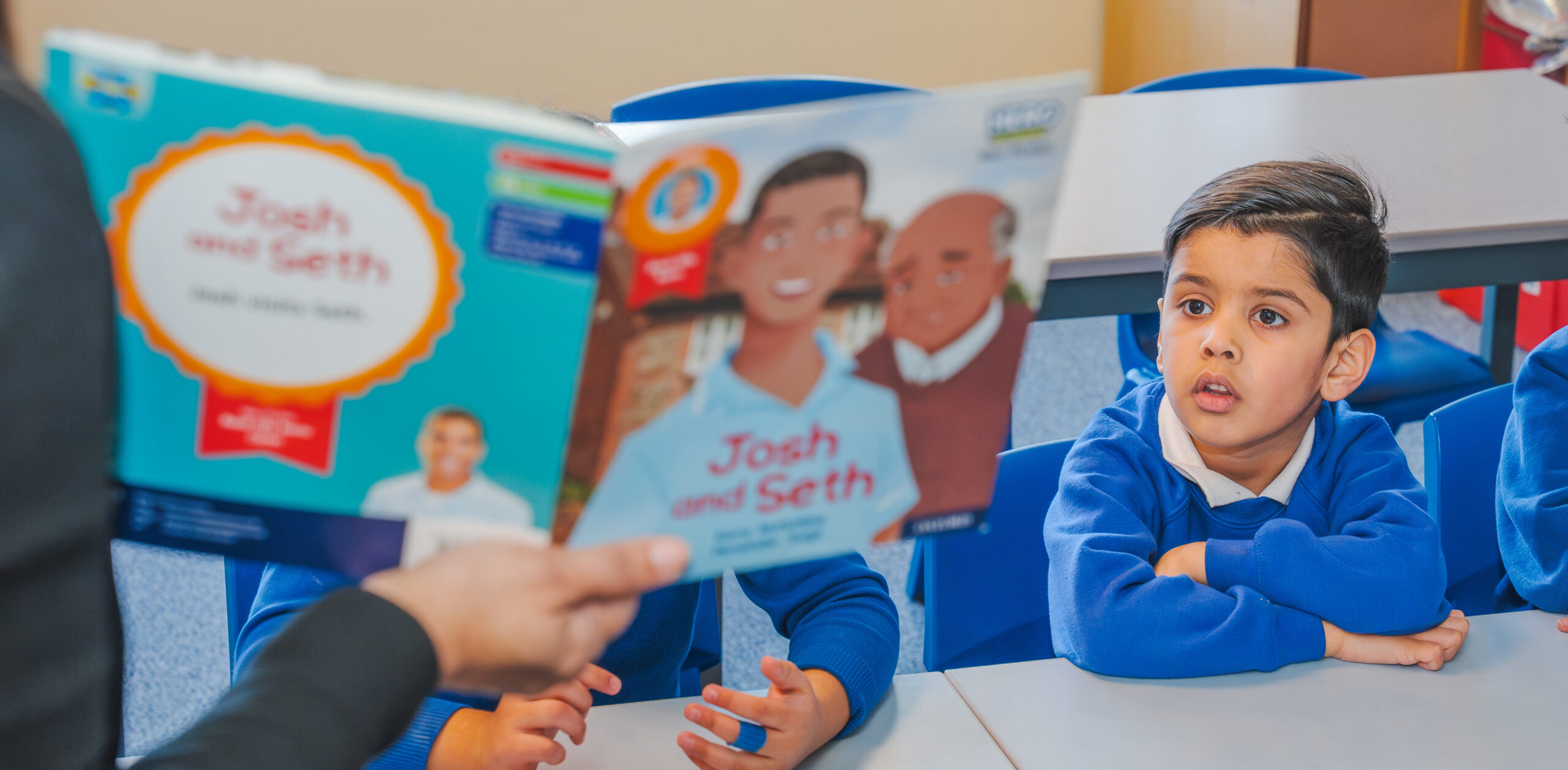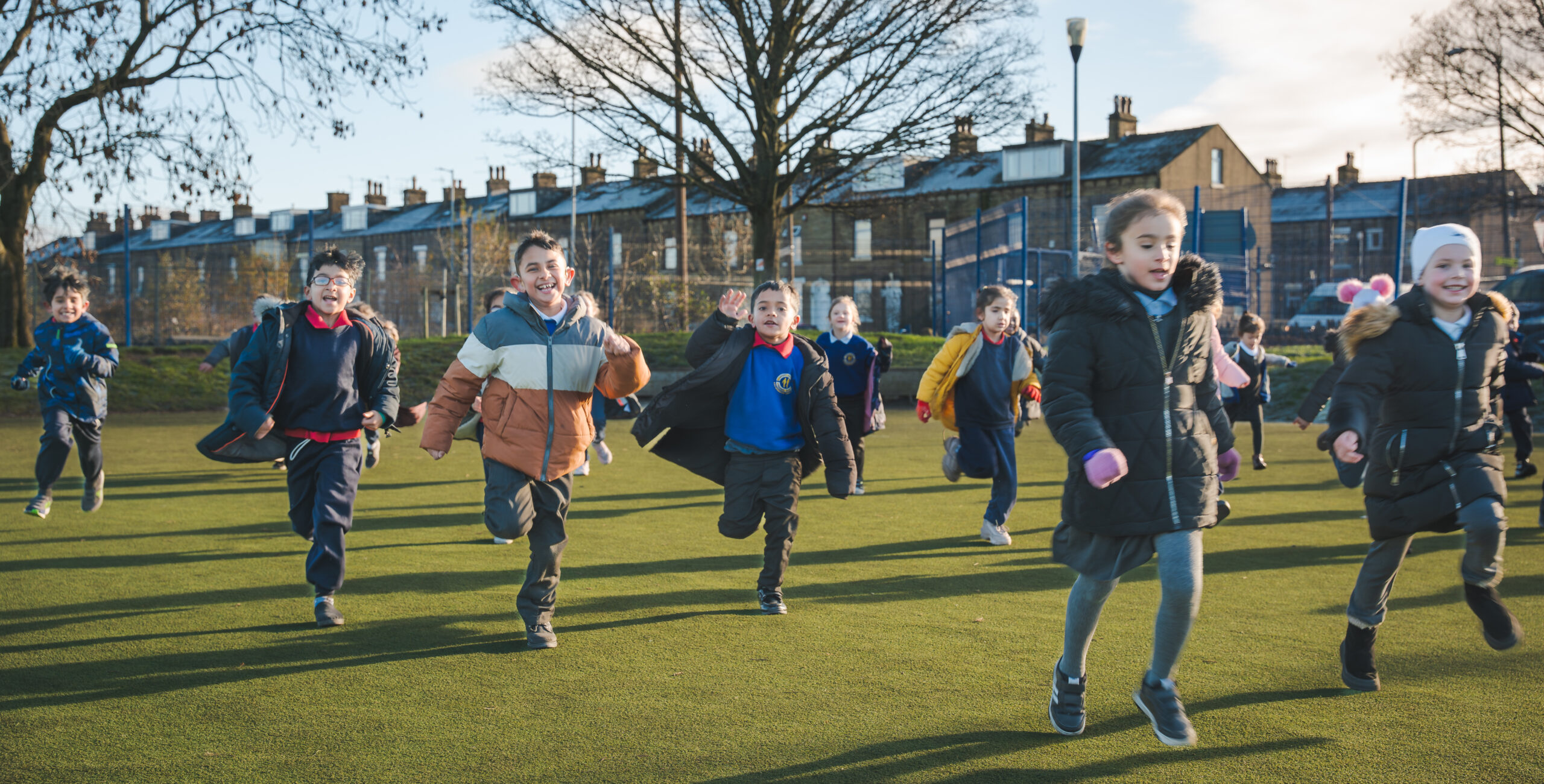Geography
Vision for Geography
At Lidget Green Primary School, we want to bring the world to our children and inspire them to explore a world full of possibilities by:
- encouraging children to be proud of the city they live in and to understand the heritage that is embodied in its geography.
- offering a hands-on and practical approach to learning: we want children to be excited about learning about the world they live in, and to discover and explore both locally and further afield.
- teaching our children about their own locality and helping them to develop a knowledge and understanding of the world and the people who live in it beyond their own environment.
- helping children to make connections with other locations through the books they read, news stories, watching weather reports, discussing their holidays and heritages, and highlighting the geographical aspects of other areas of learning.
- showing our children how the world has changed over time and how they must consider their actions and their impact on our future
- appreciating the importance of outdoor education and offering exciting fieldwork and visits to new locations.
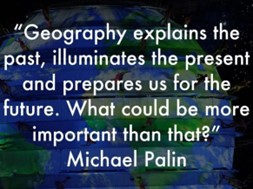
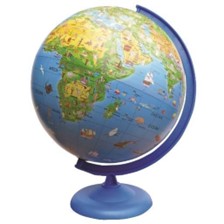

Intent
At Lidget Green, through our Geography curriculum, we aim to expand geographical vocabulary, increase our children’s knowledge and curiosity of the wider world and promote high aspirations. We seek to create a life-long love of the subject, through teaching our children about diverse places, people and resources. Through the study of natural and human environments, as well as physical and human processes, our desire is to provide our children with a sense of awe and wonder about the world in which they live. As they continue on their journey of Geography, we aim to foster a deep understanding of the subject that develops alongside their geographical skills. Our aim is that our children go on to apply these skills across all subjects, as well as in their futures beyond Lidget Green. Our curriculum is designed to provide all our children, including those with SEND, with the subject specific language they need to describe, question and discuss the world, as well as their place in it. This is evident in our 10 key words across each subject. Our pupils are encouraged to recognise that they have a voice and to use it confidently to share their opinions in oracy based lessons. We aim to produce well-rounded individuals by providing our children with opportunities to expand their cultural capital and experiences of the world.
Implementation
Based upon the National Curriculum and the individual needs of our children, we have created a Geography long term plan that sets out the skills and vocabulary taught in each year group. We make sure our Geography and History topics are entwined and that the Geography skills that are part of History such as map reading are included. This ensures that our children receive a well-rounded teaching of the humanities subjects throughout the year.
Each individual lesson has content that is differentiated between, and within, year groups so that learning is age-appropriate and high expectations are maintained. Children use books to record learning in a way that is memorable to them at the end of each unit or lesson. We use writing in Geography as an opportunity for children to showcase what they have learned and embed their knowledge.
Maps are displayed throughout the school and teachers are encouraged to reference these when appropriate during all lessons to help to develop an awareness of the globe. Our whole school talk focus underpins our vocabulary-rich Geography curriculum. Teachers use questioning, and provide opportunities for discussion and investigation to support the development of vocabulary, which is explicitly taught and modelled by teachers in every lesson. Key geographical knowledge and language (such as, the name and location of continents, countries, capital cities and oceans) is revisited frequently, to make learning memorable, relevant and easy to recall. We support learning with visits and walks to inspire our children and widen their cultural experiences. For instance, our Year 2 classes undertook a local area walk and created maps of the local area. Teachers are also encouraged to use a range of resources such as Now Press Play, videos, photographs and maps during lessons to help create immersive learning experiences.
Impact
The impact of our Geography curriculum is measured in a variety of ways: questioning during lesson time, marking children’s written work, listening to child-led discussion, interviewing pupils across the school about their learning, book looks and using images/videos of children’s practical learning. The subject lead will ensure that regular reports are made to senior leadership (SLT) about the progress and impact of the subject. This includes data on how students are performing and any strategies being implemented to improve outcomes. The subject leader looks at the long-term impact of the subject, ensuring that it provides a strong foundation for future learning.
By the end of the Geography curriculum at Lidget Green, our children will:
- Have a growing knowledge of the world and their place in it.
- Have a wider vocabulary of geographical terms.
- Aspire to discover more about the world, through reading, travel or the media.
- Know that they can use their voice to express themselves and their opinions.
- Develop their geographical skills, such as, evaluation, creativity, problem solving and enquiry.
